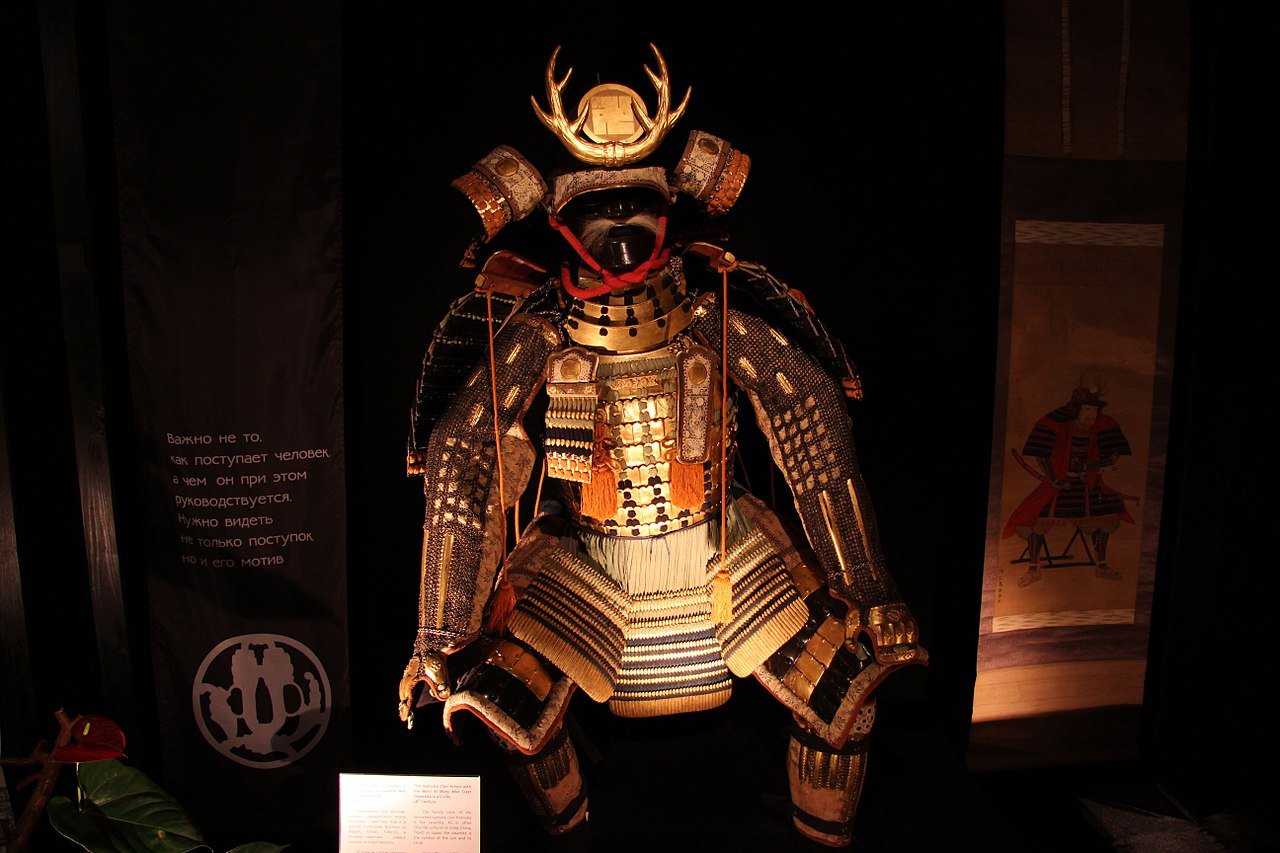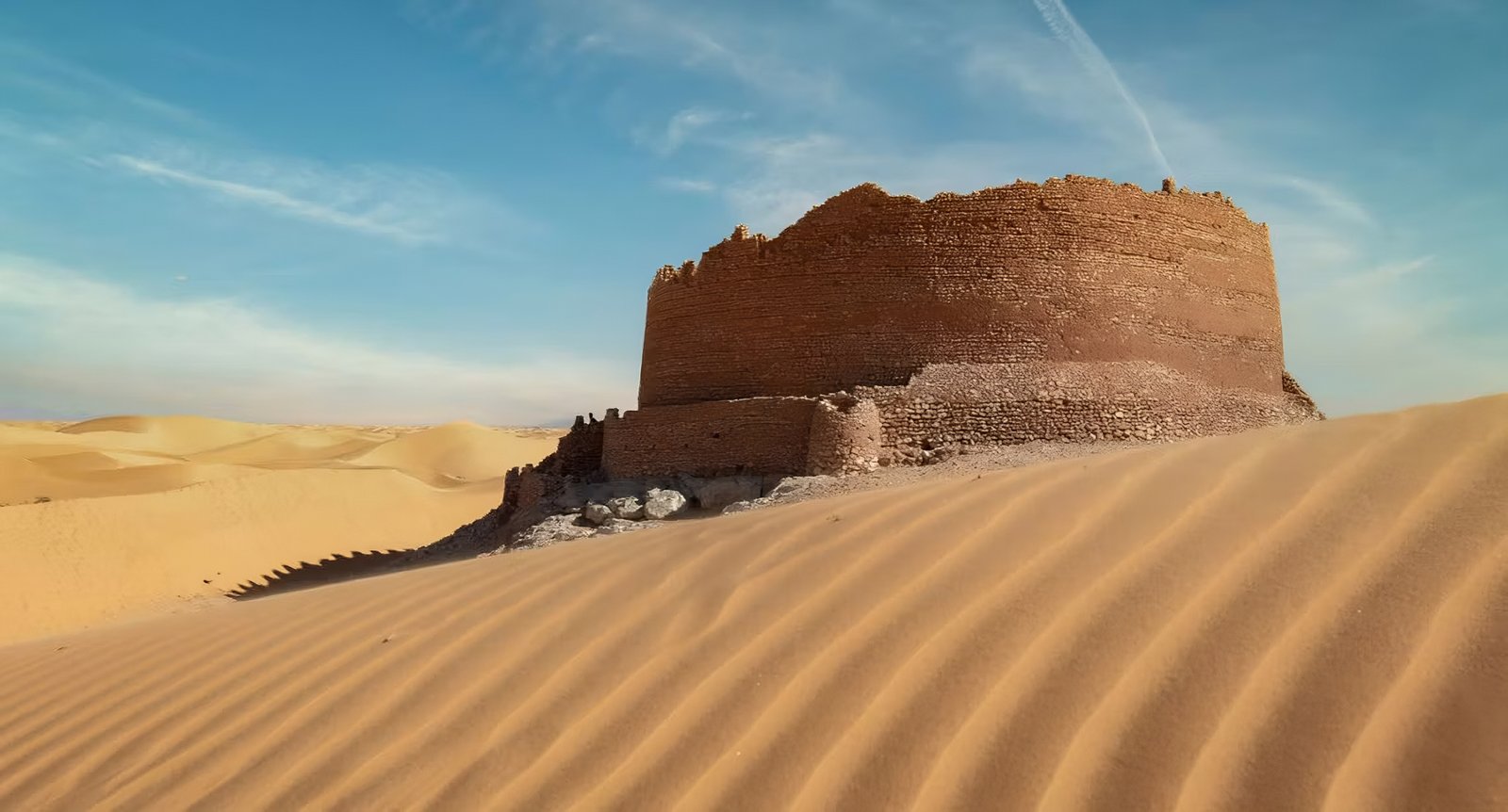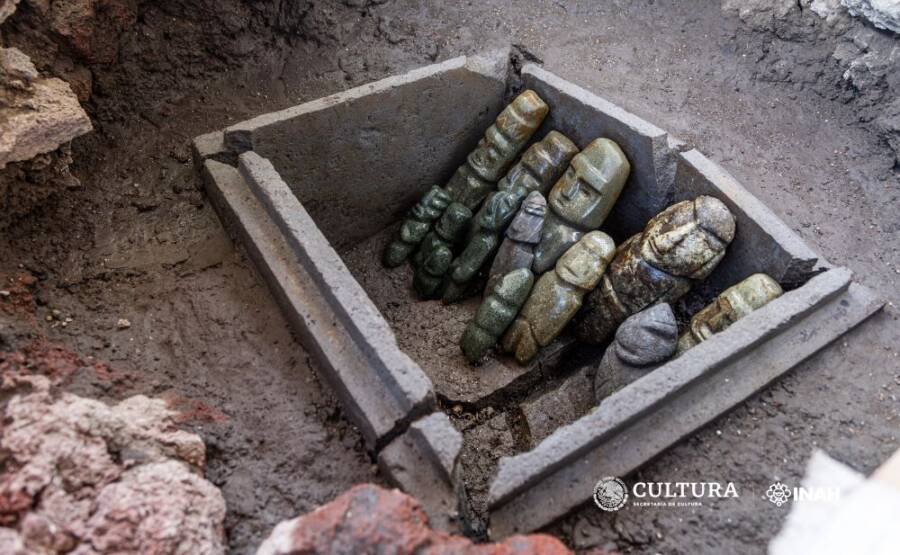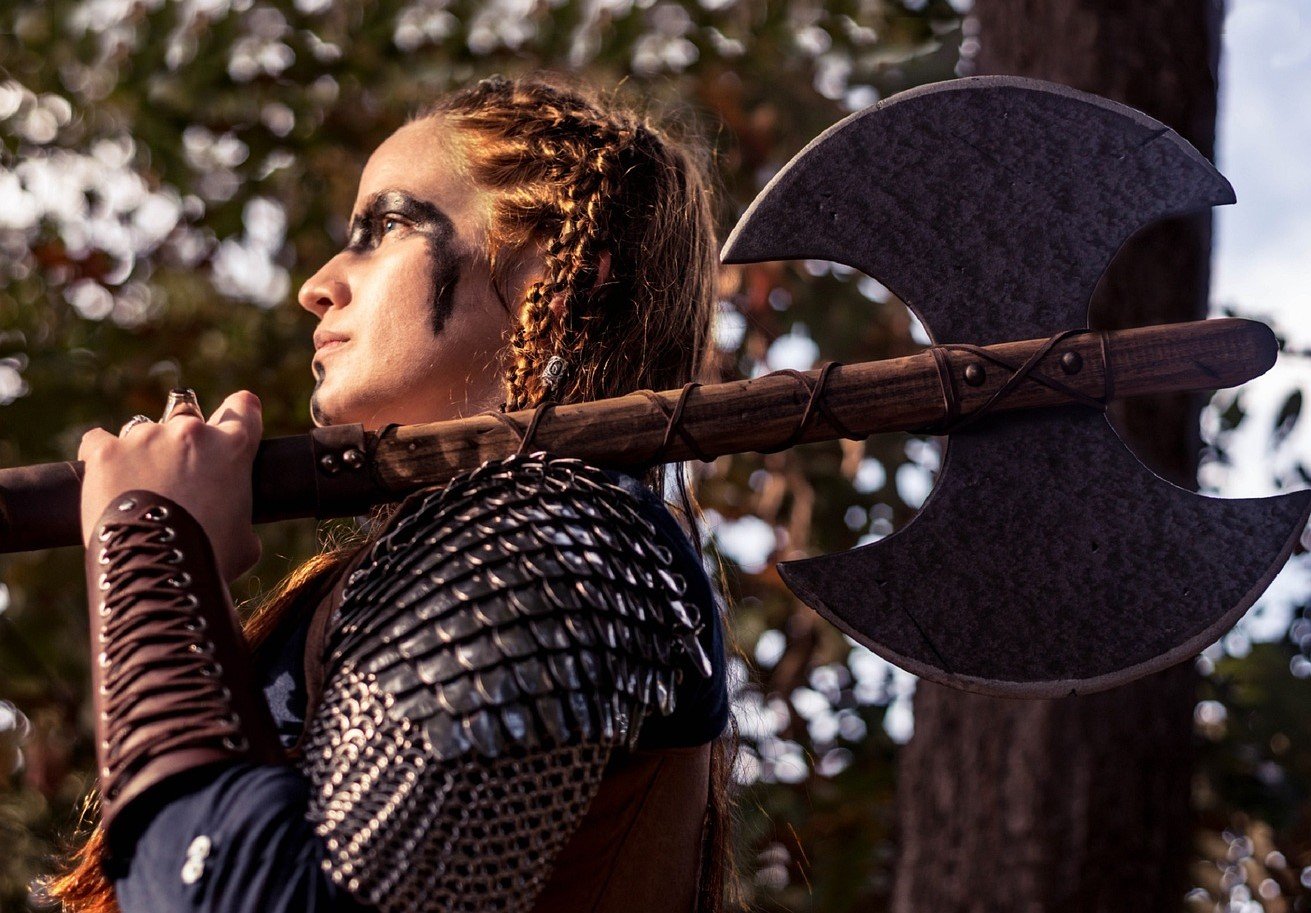Introduction to Greek god’s family tree
Greek mythology weaves a fascinating array of stories about a pantheon of gods and goddesses with differing characteristics and fields of authority. Greek god’s family tree serves as a key to understanding their complex relationships, rivalry and the events that changed their world entirely. Exploring this genealogy reveals interesting perspectives into Greek worldview, where one can see their beliefs, values and the underpinning of their civilization.
This collection of stories and myths was passed from one generation to another, mainly through oral tradition. The Greeks started compiling stories related to mythology from the Bronze Age. These tales shaped the Greek society in which their art, literature, and religions were based. The myths surround the activities of the Greek gods and goddesses, who were thought to have ruled the natural world and governed human life.
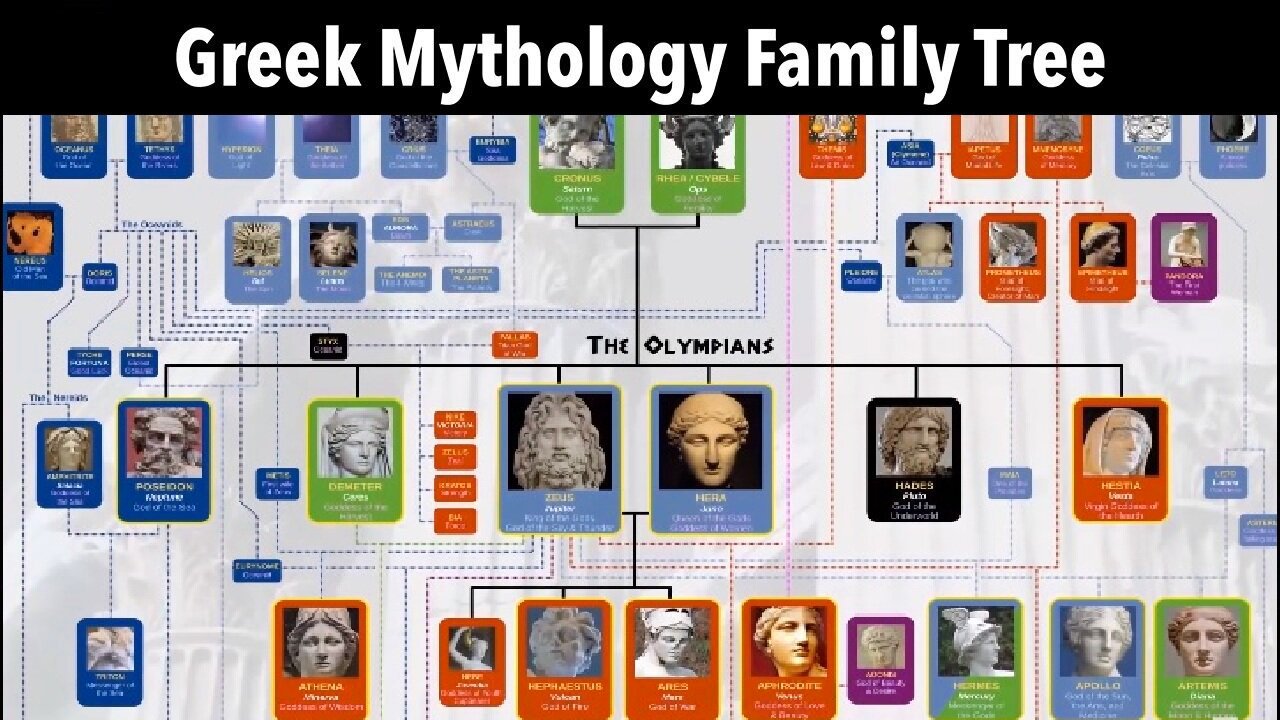
Understanding the Greek god’s family tree
The Greek god’s family tree provides a significant help in unraveling the confusing network of relations and the hierarchy between gods. This genealogy is important for it shows who are the parents, siblings, and children of these deities thereby revealing their alliances, enmity towards each other, and the inheritance of divine powers. The understanding of this complex genealogy explains the motives of their actions and the themes that penetrate Greek mythology.
Intriguing Connections and Stories
There are so many interesting connections and stories about the Greek god’s family tree. Uranus and Gaia, the primordial parents, narrate the genesis of the first set of gods including Cronus, the Titan king and Rhea, his sister and consort. Cronus ate one by one his sons, to avoid a prophecy that his children would overthrow him. But Rhea who was determined to save her youngest baby, Zeus, played a trick to make Cronus swallow a stone instead, which facilitated the development of Zeus to fulfill the prophecy, overthrew his father and became the king of the gods.
The Greek myths do not tell about mere gods’ stories; they are about love, loss, jealousy, and power struggle. The family tree provides the context within which to make sense of the motivations and actions of each character.
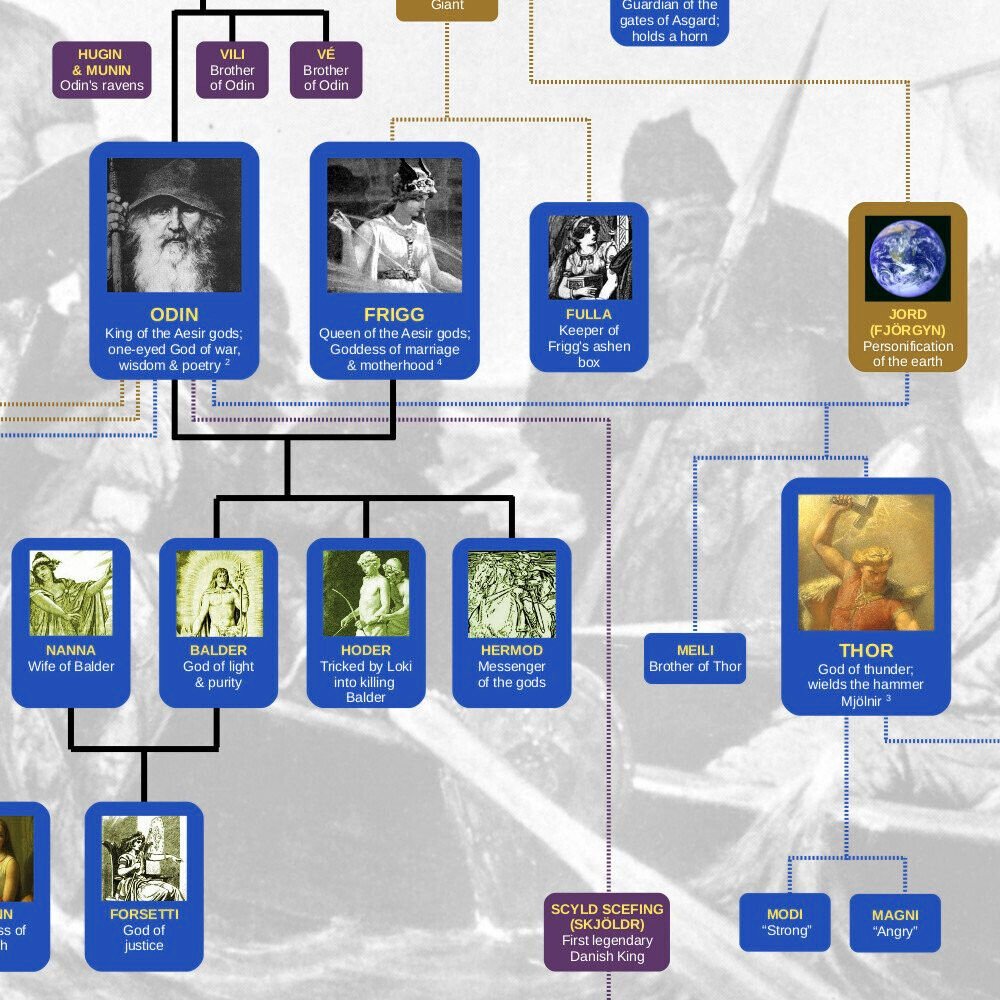
A journey into the depths of Greek mythology
The Greek god’s family tree opens a door into a fascinating world of narratives, complications of relationships, and deep comprehensions of ancient Greek life. Through unravelling the intricate web of connections and exploring the mysteries around these divine beings, we get a deeper understanding of the Greek mythology tapestry, which has left an indelible mark on human storytelling and imagination.
The Primordial Chaos – Greek god’s family tree
Chaos as the Origin
At first there was nothing but Chaos, the infinite, formless void. It was a realm where all possibilities were unrealized, an infinite stretch of darkness and nothingness which lacked all shape and order. The chaos was the initial state of existence, the unformed substance from which the universe would develop.
Chaos in Greek Mythology.
The Greek mythology portrays Chaos as a goddess, commonly appearing as a huge abyss or gaping vacuum. She epitomizes disorder personifying unruly forces of natural world and disorganisation or lack of boundary. Among the primordial gods, we have Chaos, the mother of Gaia, Erebus, Nyx, and Tartarus.
Origin of the First Gods
The Protogenoi were the initial gods who sprang from the depths of swirling Chaos. These primordial beings came either from the union of Chaos itself or from its spontaneous division. From Chaos sprang forth Gaia, who was the Earth goddess, Tartarus, which was the abyss that underlies the Earth, and Erebus, the personification of darkness. Nyx, the symbol of night, arose out of Chaos and Erebus, producing Aether (air) and Hemera (sun).
The Protogenoi were strong and mysterious, representing the primary elements and forces of the universe. This paved way for the creation of cosmos using these raw materials.
The Titans: Ancestry and Rebellion
In Greek mythology, the Titans were the second generation of divine beings, being born from Gaia (Earth) and Uranus (Sky). They were a tough race and they were often depicted as giants with unmatched strength and endurance. The period of peace and prosperity in which the Titans held supreme power over the world has been named as the Golden Age.
Genealogy of the Titans – Greek god’s family tree
This family was called Titans, and they consisted of twelve siblings. Oceanus, Cronus, Hyperion, Coeus, Theia, and Iapetus were six male Titans. Their six female equivalents were Themis, Mnemosyne, Rhea, Tethys, Phoebe, and Dione.
Cronus and Rhea: The Titan Power Couple
Among the Titans, two figures stood out as the most prominent: Rhea, his sister, and Cronus, his eldest son and consort. Cronus who was cunning and highly ambitious was the de facto ruler of the Titans. However, Rhea was treated as the mother goddess of fertility and motherhood.
Titanomachy: The Great Battle for Supremacy
The reign of the Titans was however not without problems. However, Cronus was frightened by a prophecy that foretold an eventual overthrow of his authority by one of his offspring. Being resolved to rescue her youngest child, Zeus, Rhea deceived Cronus by giving him a stone in disguise. Zeus was brought up in secrecy and later grew to manhood and made Cronus spit out his siblings that triggered a disaster dubbed the Titanomachy.
The Titanomachy was a long and bitter struggle between the older gods and their offspring who now called themselves Olympians. The Olympians triumphed with Zeus leading them and throwing the Titans in Tartarus, the lowest pit of Hades. Titanomachy is the word which meant the downfall of the Titans and the subsequent rise of the Olympian gods as kings and rulers of the cosmos.
The dynasty of Zeus and Olympian Gods.
After the war of the Titans (Titanomachy), Zeus (the youngest son of Cronus and Rhea) was crowned the King and laid the foundation for the Olympian dynasty. From mountain Olympus with majestic high-rising peaks where lived the Olympian gods under his own throne Zeus, the god of gods.
Zeus’s Rise to Power
Power was gained by Zeus through cunning and determination. After he rescued his siblings from under Cronus, he went ahead and fought an army against the Titans. It was later that they had what is described as a titanomachy that is believed to have shaken cosmic foundation and took ten years. The success of the Olympics meant that Zeus was still king of the gods, because he had helped them conquer their enemies and won.
The realms of the Olympian gods.
The Olympians Gods who have their own specific powers and rules governed the different parts of this world and people lives. Zues himself as the king of all ruled over the heaves, the thunder, and the lightning. Hera was their female goddess of marriage, women, and family. Zeus had a sibling called Poseidon, who was the lord over the sea, as well as earthquakes.
Wisdom, artisanship and war belonged to Zeus’s daughter Athena. Son of Zeus, Apollo was the god of music, poetry, light, and healing. In Greek mythology, his name is Apollo or his Greek name is Artemis and he also the daughter of Zeus. The god of war, cruelty and bloody murder was the son known as Ares for Zeus. God of fire, metal smith, sculptor and forger – a son of Zeus. Zeus had a sister called Demeter who was the goddess of agriculture, grain, fertility, and sacred laws. The sister of Zeus, Hestia, was the goddess of the hearth, home, and family.
Hera: Zeus’ consort, also known as the queen of the Gods.
Indeed, Hera was the daughter and wife to zeus who occupied the throne, which made her the queen of gods. While the goddesses were associated with marriage, she was the goddess of women and families and the embodiment of power, authority, and elegance. Hera’s relationship with Zeus was not straightforward and always had ups and downs; it was a mixture of love and competition between them. In spite of such an occurrence, Hera was very faithful to Zeus, being both the queen and the guardian of the Olympians.
With Zeus leading the Olympian dynasty, the gods reshaped the entire realm with their divine reign. Cosmos was ruled by the Olympian gods who possessed specific powers and spheres of influence, and therefore dictated how ancient Greeks perceived the world. The plots of their stories are still exciting and inspiring people to read them even nowadays. It is impossible not to mention the influence that those legends have on our daily life.
Conclusion
The Greek god’s family tree weaves in an interesting web of relations among themselves, their authority and stories surrounding them. The complex connection links among the different gods from the chaos through to the establishment of Olympian dynasty reveal some aspects about Greek myth as well as its impact upon how humans tell their tales.
Key takeaways from this exploration of the Greek god’s family tree include:
The first set of gods, known as protognoei was born in Chaos that preceded the formation of the universe.
The titans, the gods that ruled during the golden age were defeated by olympian in the titanomachy.
In turn, Zeus, the youngest son of Cronus and Rhea, eventually became the supreme god in the Olympian Dynasty.
They were Olympian gods who ruled over different elements of the world as well as human life, their powers being distinct from one another.
Greek god’s family tree still captivates present day audiences with insight into the elaborate landscape of Greek mythology and its everlasting influence.
FAQs
What were the Protogenoi?
According to the Greek mythology, the first generation of gods was born out of the primordial Chaos and it was named as the Protogenoi. The gods comprised of Gaia (Earth), Uranus (Sky), Erebus (Darkness), Nyx (Night), Tartarus (Under-world) and Eros (love).
Who were the Titans?
In Greek mythology, the titans were the second generation of gods, who originated from the marriage of Gaia and Uranus (Greek god). Among them were Cronus, Rhea, Oceanus, Hyperion, Coeus, Theia, Themis, Mnemosyne, Rhous, Tethys, Phoibe and Dione.
What was the Titanomachy?
Zeus led the Olympians in the ten-year Titanomachy against the Titans. Therefore, the Olympians won and threw the Titans in the deepest abyss of the underworld, known as Tartarus.
What were the Olympians?
Zeus was the king of the gods. He also led the Olympians, which is the third-generation goddesses. They were gods and lived in mount Olympus, controlling some facets of life and humanity worldwide.
What was the path that led Zeus to becoming powerful?
In order to circumvent a prophecy about his downfall by one of his progenies, he would swallow every child at birth. To save her youngest child Zeus, Rhea tricked Cronus by giving him a stone instead. Zeus was brought up in secrecy until he attained maturity and made Cronos cough out his brethren, resulting into a chaotic event popularly known as Titanomachy. Zeus and the Olympions defeated the Titans, consigning them to the dark abyss of Tartarus in the underground world.


